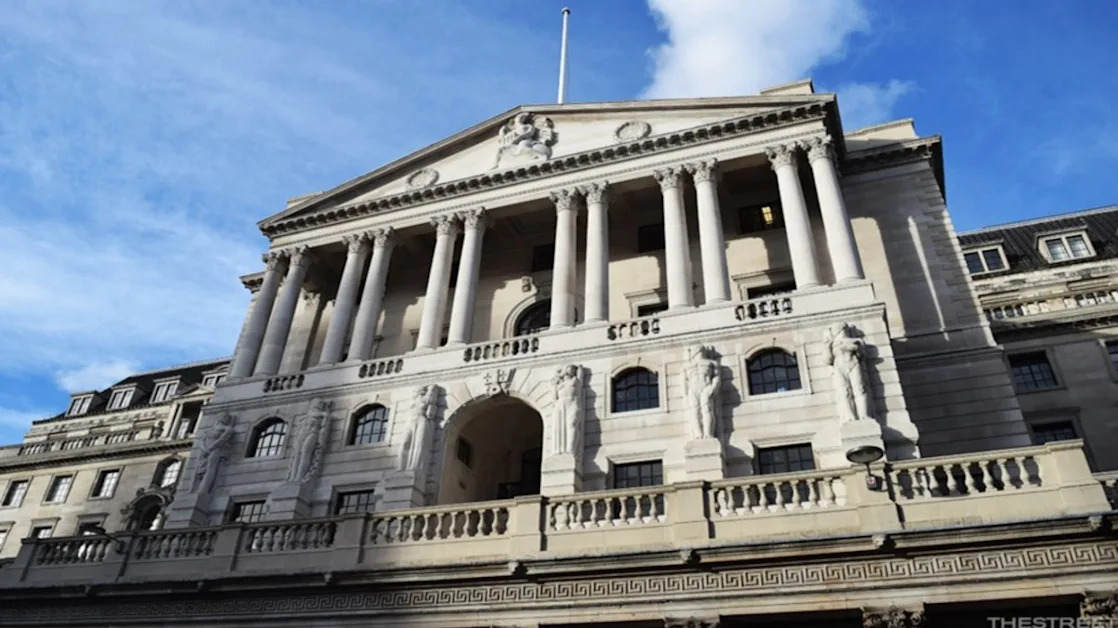The entire crypto asset class dipped nearly 18% in less than a day this week. Bitcoin (CRYPTO: BTC) , the flagship cryptocurrency, plummeted from $60,000 to as low as $49,000. This dramatic sell-off came after a strong start to the year, where Bitcoin surged over 60%, making this sudden downturn particularly jarring.
This kind of volatility isn't new to Bitcoin. But even with its reputation for dramatic price fluctuations, each significant dip raises the question: Is this a reason to panic -- or is it a prime buying opportunity?

Bitcoin and market corrections
Bitcoin's price history proves that significant corrections can happen even during extended bull runs. These corrections often serve as a reminder of the asset's volatility, but they also highlight the opportunities inherent in such market dynamics. For instance, Bitcoin fell more than 40% in April 2020, only to recover and surpass its previous all-time highs. Such patterns have repeated throughout its history, reinforcing the notion that dips can be prime buying opportunities for those with a long-term perspective.
While he's known for not being a fan of Bitcoin, an adage from legendary investor Warren Buffett should resonate for investors today. He famously said "to be fearful when others are greedy and to be greedy when others are fearful," a particularly relevant reminder during these times.
With the market in a state of panic, assets are often undervalued, as market corrections often trigger a herd mentality. This behavior can create temporary price anomalies, where the price of an asset falls below its intrinsic value and fundamental strengths. For investors who can maintain a level head and focus on the long-term fundamentals, these moments can offer excellent entry points, making this current dip a classic example of this phenomenon and providing a potential opportunity to acquire Bitcoin at a discounted price.
The fundamental strengths of Bitcoin
Let's dive more into Bitcoin's fundamentals because this correction has nothing to do with a lapse or weakening of its core characteristics.
Even though its price has dipped, Bitcoin remains the most decentralized cryptocurrency, a feature that ensures its resilience against censorship and external control. In addition, its network is secured by a vast, decentralized group of miners, making it one of the most secure blockchains in existence. This security is a crucial factor that underpins its value, as it provides confidence to users and investors that the network will continue to operate reliably.
Additionally, Bitcoin's long-term value proposition remains compelling. The inflationary pressures on fiat currencies and rising government debts around the world underscore the appeal of Bitcoin as a store of value. Bitcoin's fixed supply of 21 million coins contrasts starkly with the seemingly endless printing of fiat currencies, making it an attractive option for those looking to hedge against inflation. Not to mention, with uncertainty around traditional markets and rising geopolitical tensions, Bitcoin offers an alternative asset that is not directly tied to any single economy or political system.
Furthermore, we can't forget about Bitcoin's increasing institutional adoption. It took more than a decade and a half to materialize, but with the approval of spot Bitcoin ETFs in January, deep-pocketed institutional investors are adding it to balance sheets and points to a growing acceptance and integration into the broader traditional financial system.
Final considerations to keep in mind
Hindsight is always 20/20, but when looking back at Bitcoin's history, it is clear that substantial drawdowns often precede notable gains. It's a bumpy ride but the long-term price trend still points firmly upwards. This oft-repeated pattern suggests that the current correction could be another one of those value-building setups. While it's natural to feel anxious during such volatile periods, maintaining a long-term perspective is crucial.
For those considering whether or not to buy the Bitcoin dip, the key is to stay informed and not be swayed by short-term market sentiment. The fundamentals of Bitcoin remain strong, and its role as a hedge against inflation and a decentralized asset continues to be relevant. As always, it's wise to invest only what you can afford to lose and to view Bitcoin as a long-term investment. In the grand scheme of things, this correction is just another chapter in Bitcoin's ongoing story, one that could very well lead to new highs in the future.
Before you buy stock in Bitcoin, consider this:





